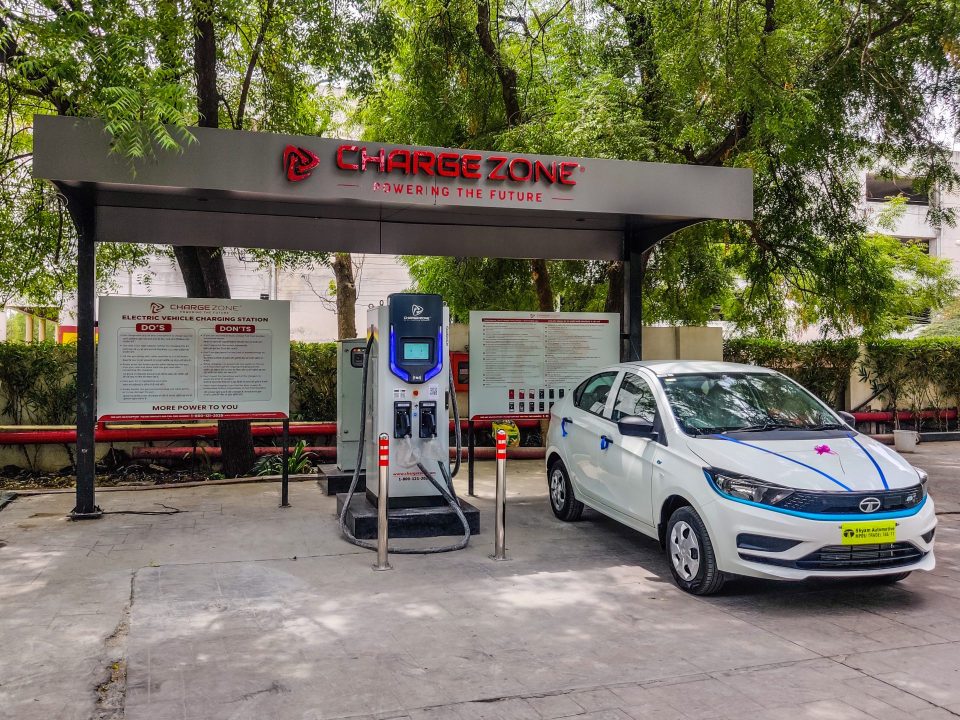The Indian government is driving higher EV production and localizing supply chains to achieve a 30% EV penetration target by 2030, according to an S&P Global report on Wednesday. It estimates Tata and JSW groups will invest over $30 billion in EVs and materials over the next decade, with around $10 billion allocated to South and Southeast Asia.
As the world’s most populous nation, India’s market is attracting significant EV investment. Adoption will advance with new, cost-competitive EV models and improved charging infrastructure.
The report also expects hybrids and CNG vehicles to hold notable market share alongside EVs in light and passenger commercial vehicles.
The PM Electric Drive Revolution in Innovative Vehicle Enhancement (PM E-DRIVE) scheme, with Rs 10,900 crore allocated over two years, aims to accelerate EV adoption and expand charging infrastructure for a sustainable future.
India’s shift from ICE vehicles will initially focus on alternative fuels before full electrification, with government policies on imports and foreign investment remaining key to EV progress.
India is becoming increasingly vital for Hyundai Motor Co. (HMC) and Kia, the second-largest carmaker in the country, accounting for roughly 12% of the group’s global sales in 2023.
Hyundai plans to invest further in India, focusing on local EV production. Its first fully electric model made in India is set to launch in January 2025.
Tired of guessing stocks to trade in daily?
Unicorn Signals empowers you with powerful tools like daily stock scans for Intraday, Swing & Investing, Market Predictions and much more. Download the Unicorn Signals app today and take control of your investments!







